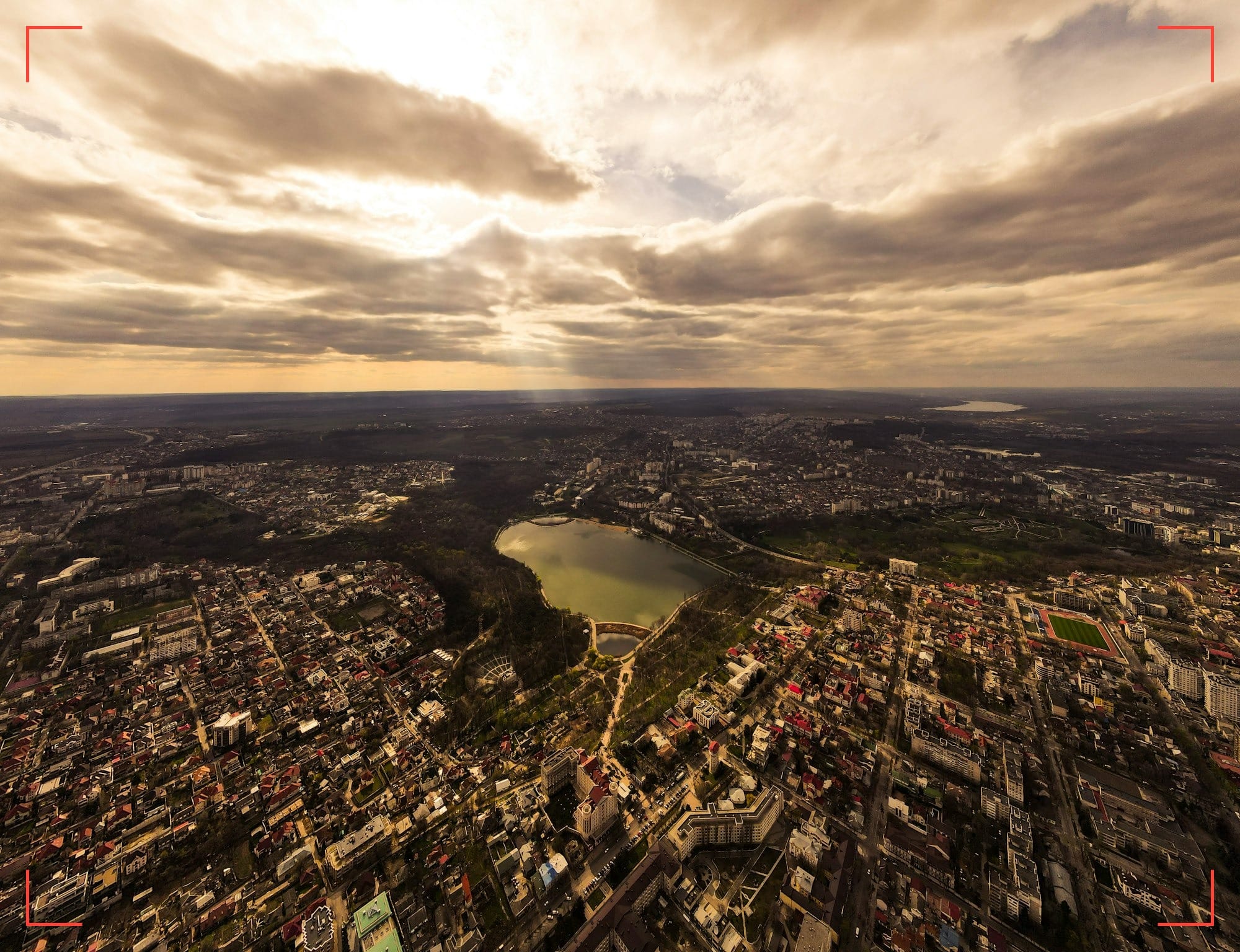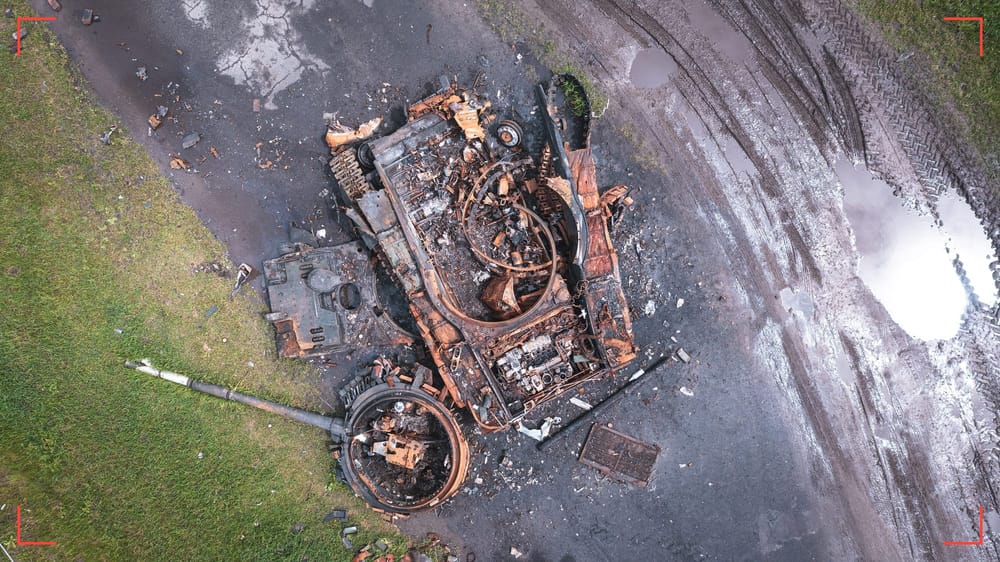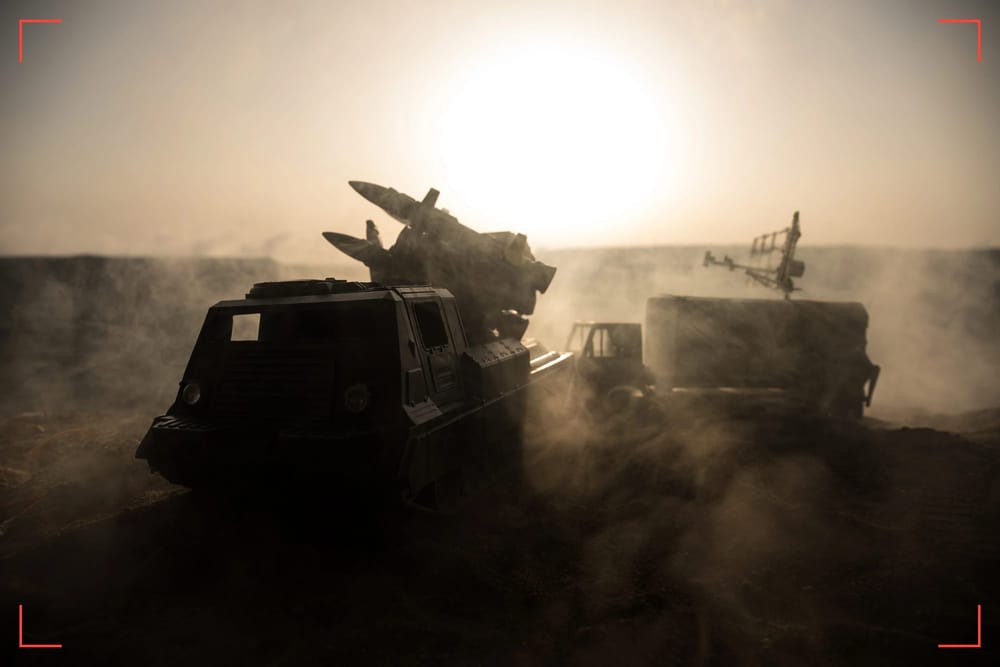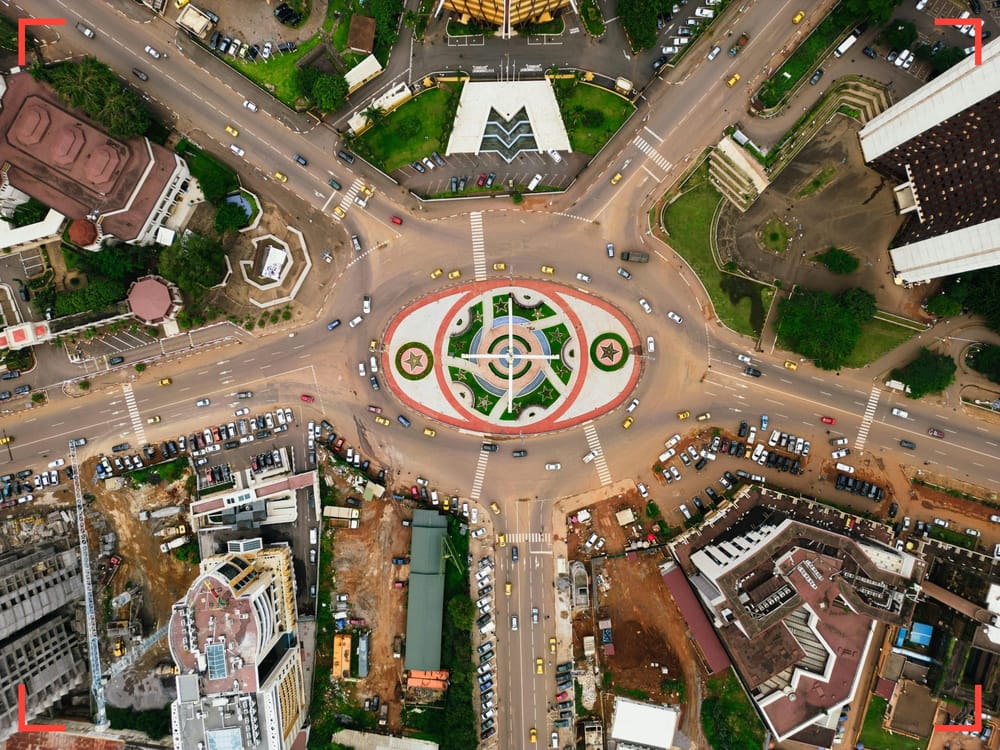
Report Details
Initial Publish Date
Last Updated: 26 SEP 2025
Report Focus Location: Moldova
Authors: JH, MA, SZ
Contributors: GSAT
GSAT Lead: MF
RileySENTINEL provides timely intelligence and in-depth analysis for complex environments. Our global team blends international reach with local expertise, offering unique insights to navigate challenging operations. For custom insights or urgent consultations, contact us here.
Key Findings
- Moldova will hold parliamentary elections on September 28, a pivotal vote for its EU accession process and for countering Russian influence in the Balkans.
- The ruling Party of Action and Solidarity (PAS) has yet to secure a majority amid 21 competing candidates and increasing pro-Russian interference.
- Pro-Russian oligarch Ilan Shor has offered $3,000 per month to Moldovans to join protests; despite his Sor party being banned, it remains central to interference efforts.
- Russia’s “Matryoshka campaign” has spread 39 fabricated stories in three months and used AI deepfakes on TikTok to target President Sandu and fabricate protest videos.
- PAS currently holds 63 out of the 101 seats in Parliament, but it seems unlikely that any party will capture the majority in this election.
- Two key issues influencing voter opinions are combating corruption and ensuring access to a secure, affordable energy supply.
- The European Union reiterated its support for the PAS and provided it with political and financial aid. In just 2025, Brussels gave around 300 million euros to Moldova.
- The most likely scenarios are either a coalition led by PAS, which would slow down the EU path, or a pro-Russian coalition in opposition to President Maia Sandu.
- Based on the most likely scenarios, businesses and NGOs might face a more challenging environment with increased Russian influence.
- If the PAS can win a majority or lead a coalition, the EU will likely discuss an accelerated EU accession for Moldova to avoid the reestablishment of close relations with Russia.
Summary
The Moldovan Parliamentary elections will take place on September 28, with the results helping to determine the country's future direction. The current government, led by President Maia Sandu, is seeking reelection, in which it will continue to pursue EU membership and adhere to EU norms and values. The opposing parties, which are pro-Russian, have gained significant traction recently, with dissent towards the current government, particularly over concerns in the economic sector. The election is expected to be a tight race, given that the pre-polling has no party as a heavy favorite. The Pro-Western Party of Action and Solidarity (PAS), led by President Sandu, and international organizations have expressed grave concerns over Russian interference in the election. President Sandu has warned Moldovan citizens about the negative consequences if the PAS were to lose the election. She has reiterated that Russia wants to turn Moldova against Europe and into a satellite state, similarly to what has happened in Belarus. Reportedly, Russia has spread disinformation about the current government, used social media to leverage pro-Russian beliefs, conducted voter buying, and illegally funded pro-Russian parties.
Remaining content is for members on Charter Member only.
Please subscribe to Charter Member and unlock this article and more content.
Subscribe Now







